Spices are internationally considered in the culinary art. They impart flavour to food, making it more acceptable and appetizing. Many of the spices are digestive, stimulant and carminative. Some of them have medicinal value and find use in the pharmaceutical industry. India grows about 52 spices. The important ones among them that occupy a sizeable area and enter the national or international trade are black pepper, cardamom, ginger, chilli, clove, coriander, cumin, fennel, fenugreek, ajwain and suwa. The last six are named as seed spices. They are cultivated mainly in the states of Rajasthan and Gujarat. The global demand for seed spices by 2005 AD is estimated to be 0.92 lakh MT. Indian seed spices have an advantage of superior intrinsic quality. However, the Indian spice industry is facing challenges on our fronts, namely, productivity, equity, quality and value addition. The present book is designed to compile the scattered information from various sources to address the above challenges. Emphasis is given on the status of seed spices in India in general and in Rajasthan and Gujarat on particular. Special emphasis has been given to the chemistry, quality aspects, value addition, extraction of spices extract at industrial level, production strategies, export, post-harvest management and the application of biotechnology to enhance the productivity and quality. The importance of seed spices in Ayurveda is also covered. It is hoped this book will find acceptance with researchers and students, plant scientists, biotechnologists, industrialists, and all those interested in seed spice cultivation and export.
ABOUT THE AUTHOR E V Divakara Sastry
Dr. E.V. Divakara Sastry obtained all his education from Banaras Hindu University (upto 1982) and since then has been working at S.K.N. College of Agriculture, Rajasthan Agricultural University campus Jobner and at present he is Sr. Breeder and Head, Department of Plant Breeding and Genetics. He has been involved in the teaching all through his career and has been teaching Biometrical Genetics for the last 2 decades. He has also worked as Ex-partriate expert on Biometrics at Alemaya University (Presently Haramaya University), Ethiopia under World Bank-ARTP Project. He has developed one variety in taramira (Eruca sativa) and is involved in development of 4 varieties in seed spices. His research interests include salinity tolerance in crop plants, dwarfism in wheat and fodder quality in pearl millet. He has published more than a 70 research papers in both National and International Journals and has authored several practical manuals. He has also edited the much acclaimed book "Seed Spices: Production, Quality and Export" published by Pointer Publishers. He has guided 10 Ph.D. and 36 M.Sc. dissertation works. He has supervised several research projects. He has obtained advanced training in forestry faculty development from UK obtained PG level diploma in Education from wolpoly (Presently Wolverhampton University). He has written several computer programmes related to statistics and Biometrics. He is a regular guest speaker on education technology at different for a. He is also member of Management committees of several schools. His bibliography appears regularly in Marquis Who's Who.
ABOUT THE AUTHOR R.K. Sharma
Dr. R.K. Sharma, (born 1932) Professor and Head of the Department of Ancient Indian History Culture and Archaeology and Dean, Faculty of Social Sciences, University of Jabalpur retired in 1992. Subsequently he was Visiting Professor in the University of Sagar for one academic session and Senior Research Fellow of the Indian Council of Historical Research for three years. Dr. Sharma’s contributions to the cause of Indian Archaeology in general and Archaeology of Madhya Pradesh in particular are widely acclaimed. On account of this he was felicitated by a Volume (in two parts) entitled “Heritage of Indian-Past and Present†which was brought out in his honour and presented to him in 1994. The credit of directing the archaeological excavations of Gilaulikhera, Kakrehta and Patan goes to him. A large number of research papers have been published by him in journals of national and international repute. His prestigious publications include : Madhya Pradesh Ke Puratattva Ka Sandarbha Granth (Bhopal, 1974), The Temple of Chaunsatha Yogini at Bheraghat (Delhi, 1978), Art of the Paramaras of Malwa (Ed.) (Delhi, 1979), The Kalachuris and Their Times (Delhi, 1980), Indian Archaeology-New Perspectives (Ed.) (Delhi, 1982), Archaeology of Bhopal Region (Delhi, 1980), Rock-Art of India (Ed.) (Delhi, 1983), Vajapeya – Essays on Evolution of Indian Art and Culture (Prof. K.D. Bajpai Fel. Vol.) (Ed.) (Delhi, 1987), Studies in Shell Script (Ed.) (Delhi, 1990), Art of the Kalachuris (Ed.) (Bhopal, 1991), Excavations at Kakrehta (Delhi, 1992), Krsna Smrti (Prof. K.D. Bajpai Comm. Vol.) (Ed.) (Delhi, 1995), and Prehistoric Art in India (Dr. S.K. Pandey Fel. Vol.) (Ed.) (Delhi, 1996). A series of other publications are in process.

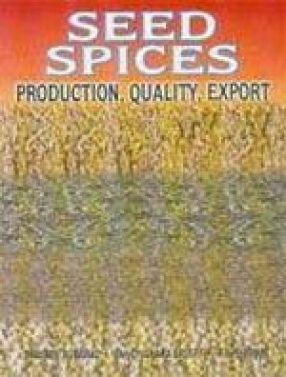
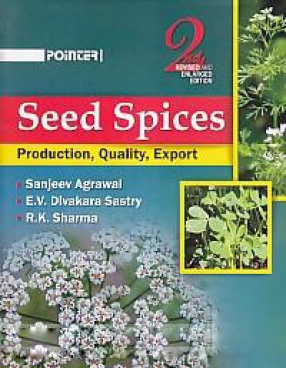
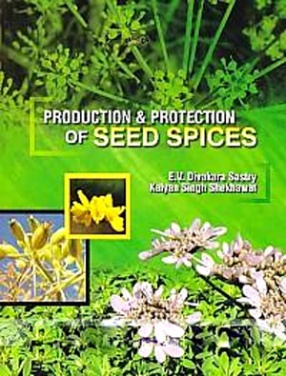
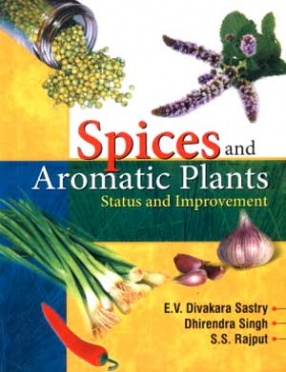
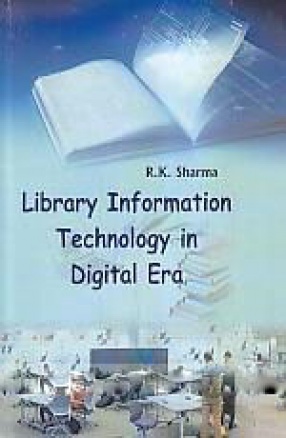
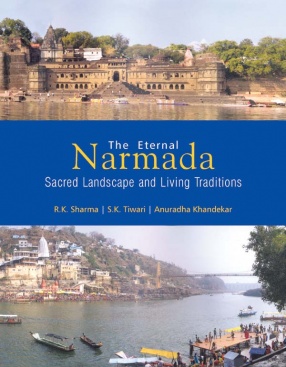
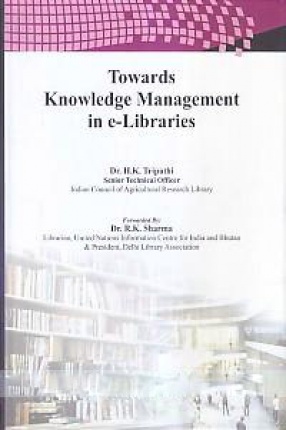
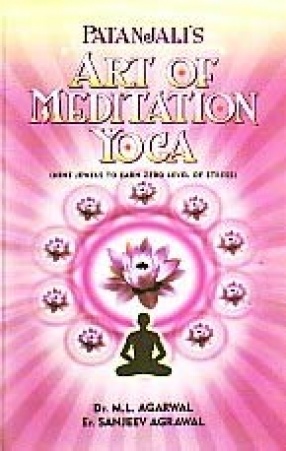
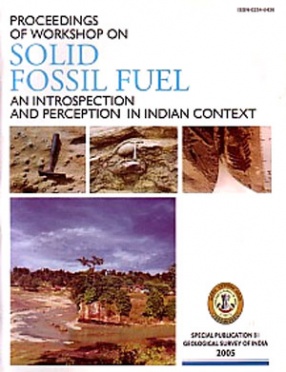
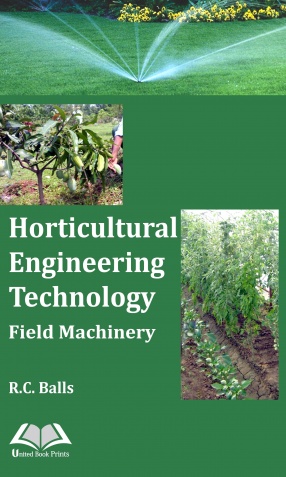

There are no reviews yet.